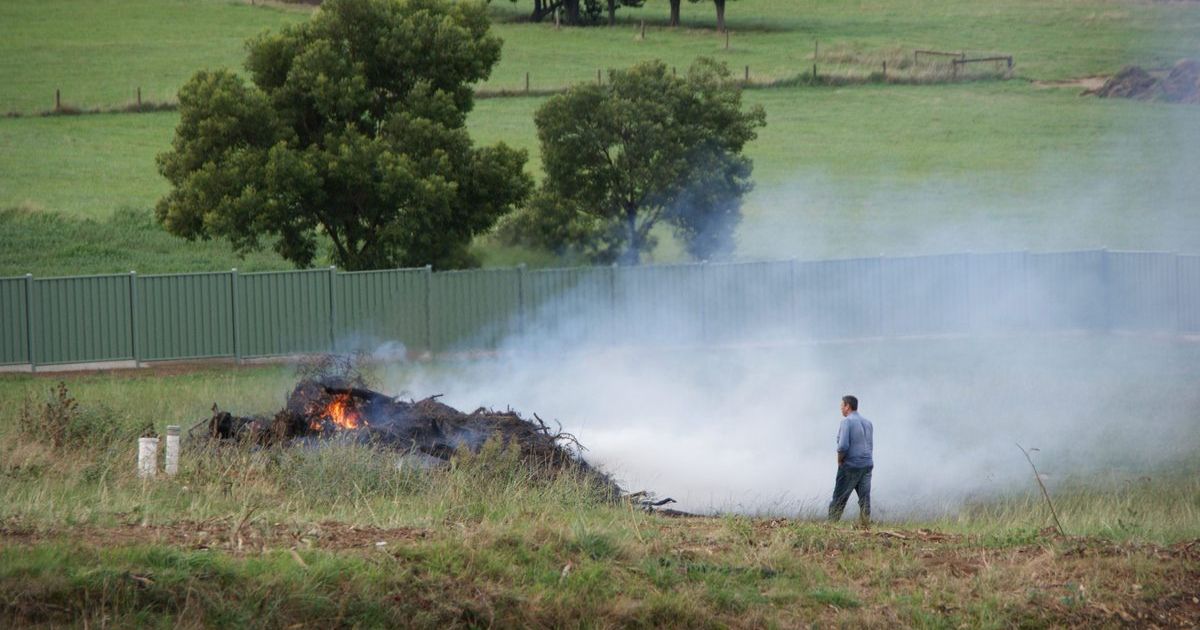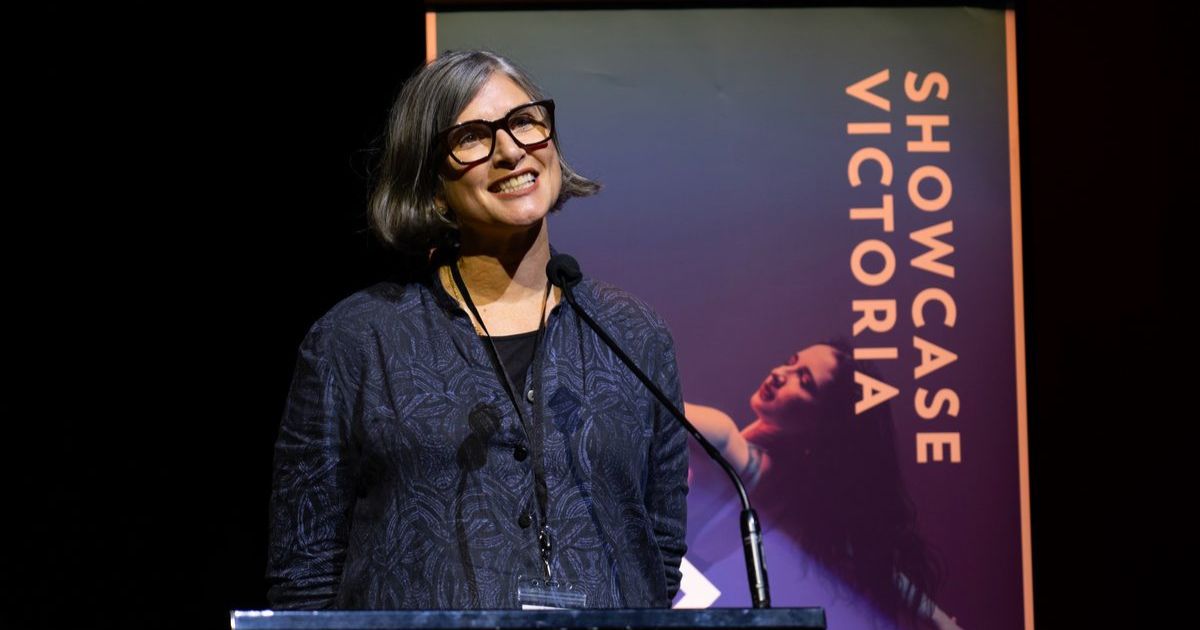Donation brings stroke coordinator to the region

Knowledge: One of the roles of Grampians Health’s new Ballarat stroke coordinator is to educate the community about recognising a stroke. Photo: MIRIAM LITWIN
A DONATION from the River Birch Foundation will allow stroke patients at Grampians Health Ballarat to receive enhanced care.
A full-time stroke coordinator position has been created, funded by the foundation alongside Grampians Health.
The Grampians region has a higher rate of people living with stroke than the state average and Grampians Health is the region’s primary stroke care centre.
“Stroke is one of the leading causes of death and morbidity in Australians and more so in the Grampians,” Grampians Health head of neurology Dr Mandy Lau said.
“What we are seeing is outcomes in this region are pretty poor and in the 2024 Australian stroke registry we failed miserably.
“What we know is that having a stroke coordinator, it addresses these gaps, and it is an integral part so if a patient comes here, we quickly get them through the ED.”
Casey Hair shares the Ballarat stroke coordinator role with her colleague Shannon O’Connor. They assist in education, prevention, recognition of a stroke, rehabilitation and community care.
“A stroke coordinator role involved all parts of the stroke care continuum,” Ms Hair said.
“Shannon and I both attend the code strokes so when a patient comes into the emergency department we are there, we are helping the assessment and getting them across to CT.
“We’re also working behind the scenes with policies, guidelines, governance, training.”
The shared role is part of a broader initiative where Ms Hair is also seconded as the Grampians regional stroke care coordinator.
The aim of the role is to provide an innovative approach to stroke care within the region and to create a network that benefits patients.
Last week was National Stroke Week, and Dr Lau reminded the community of the importance of knowing the F.A.S.T. (Face, Arms, Speech and Time) signs of stroke.
“We need to recognise stroke early so we can treat early,” she said.
“If we can treat early, there is a higher chance of rescuing that brain and having a better outcome.”


















